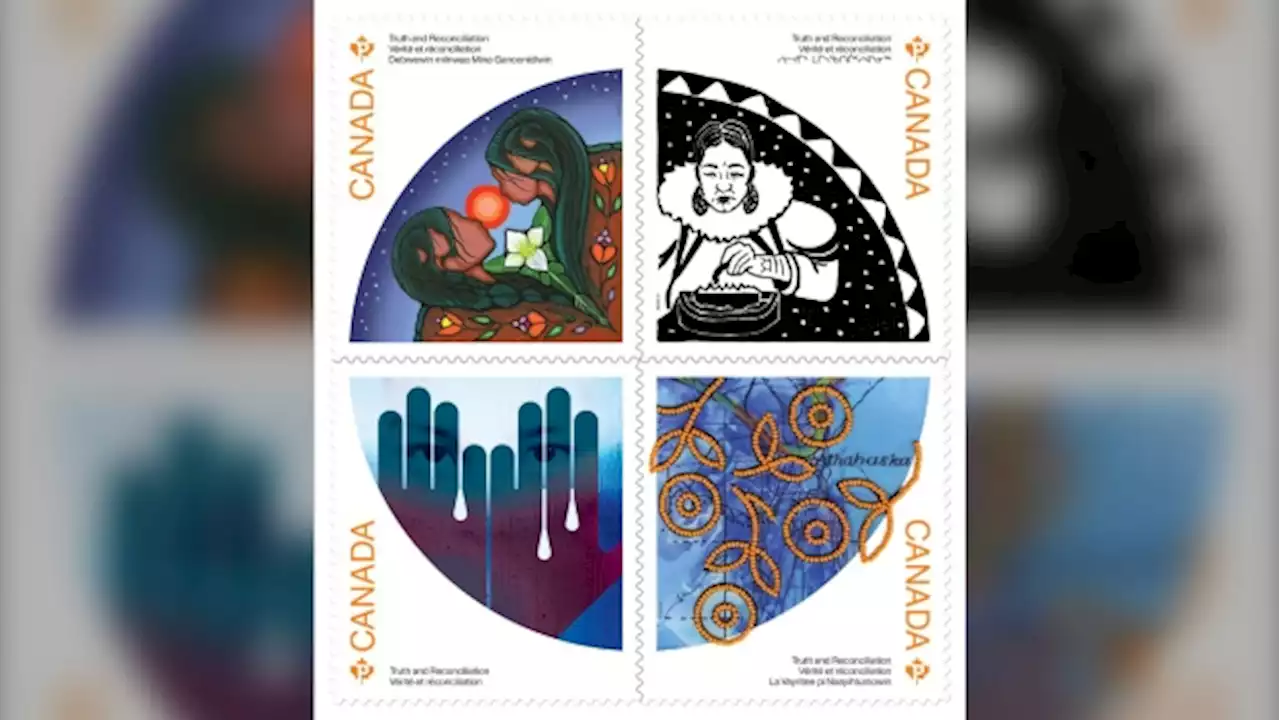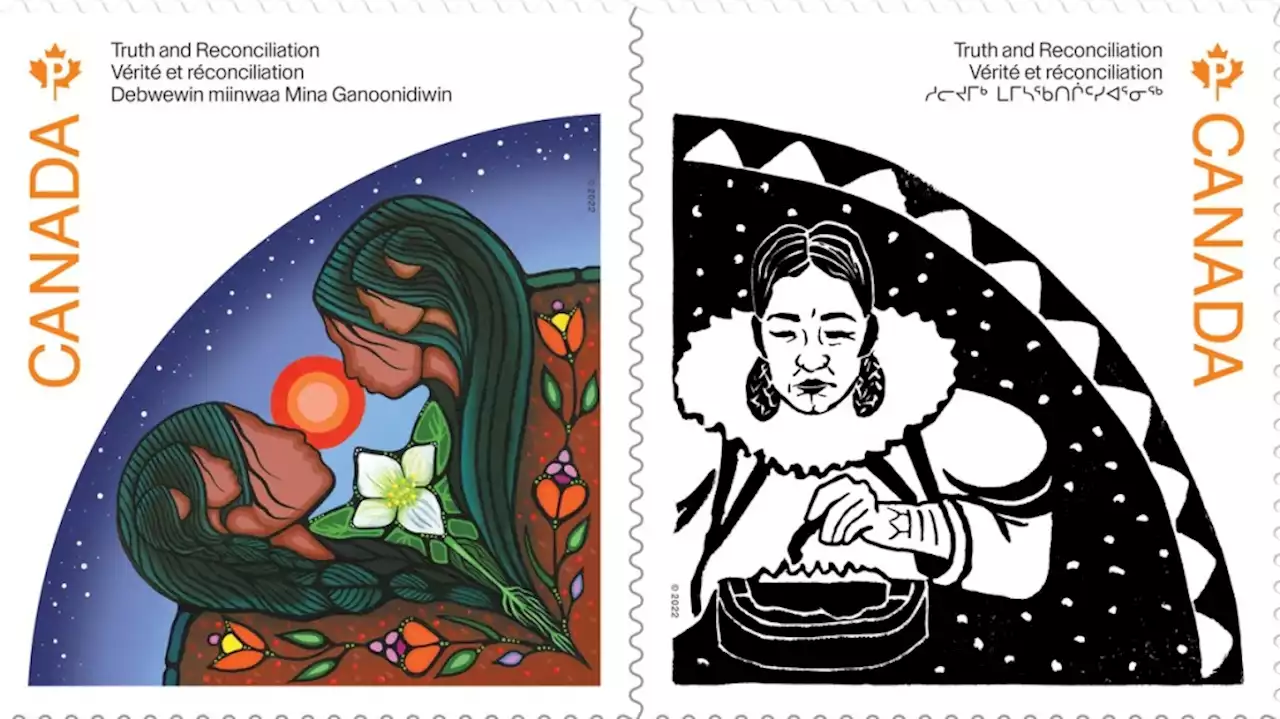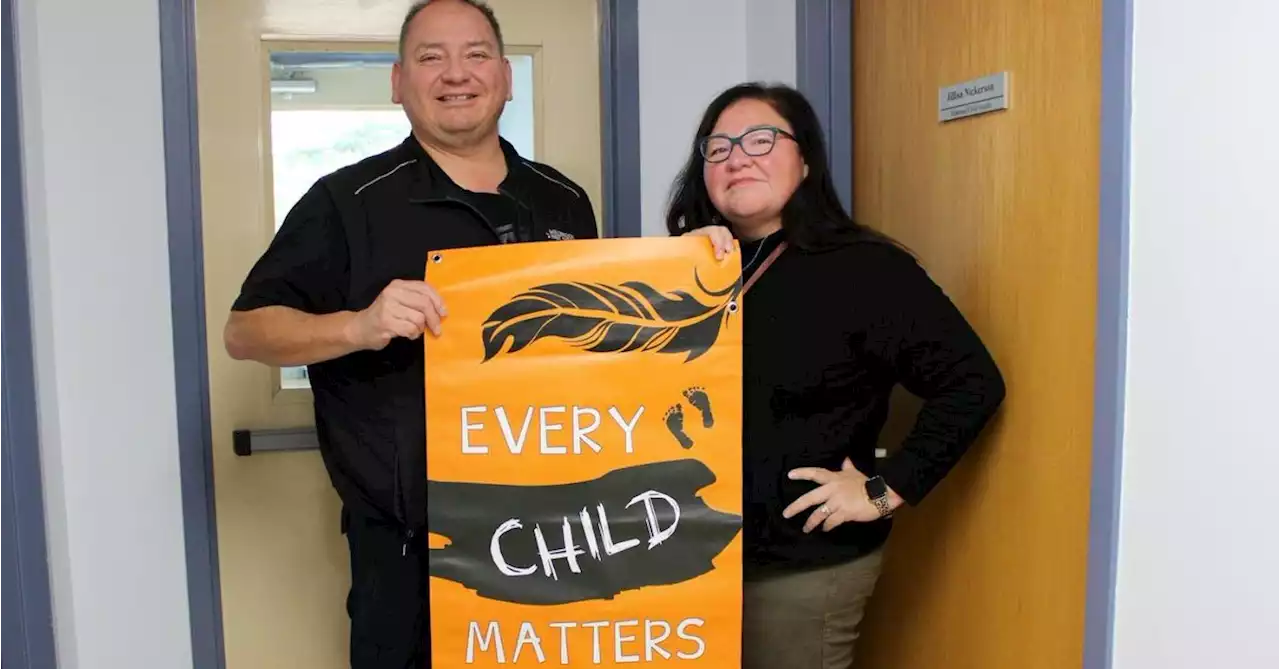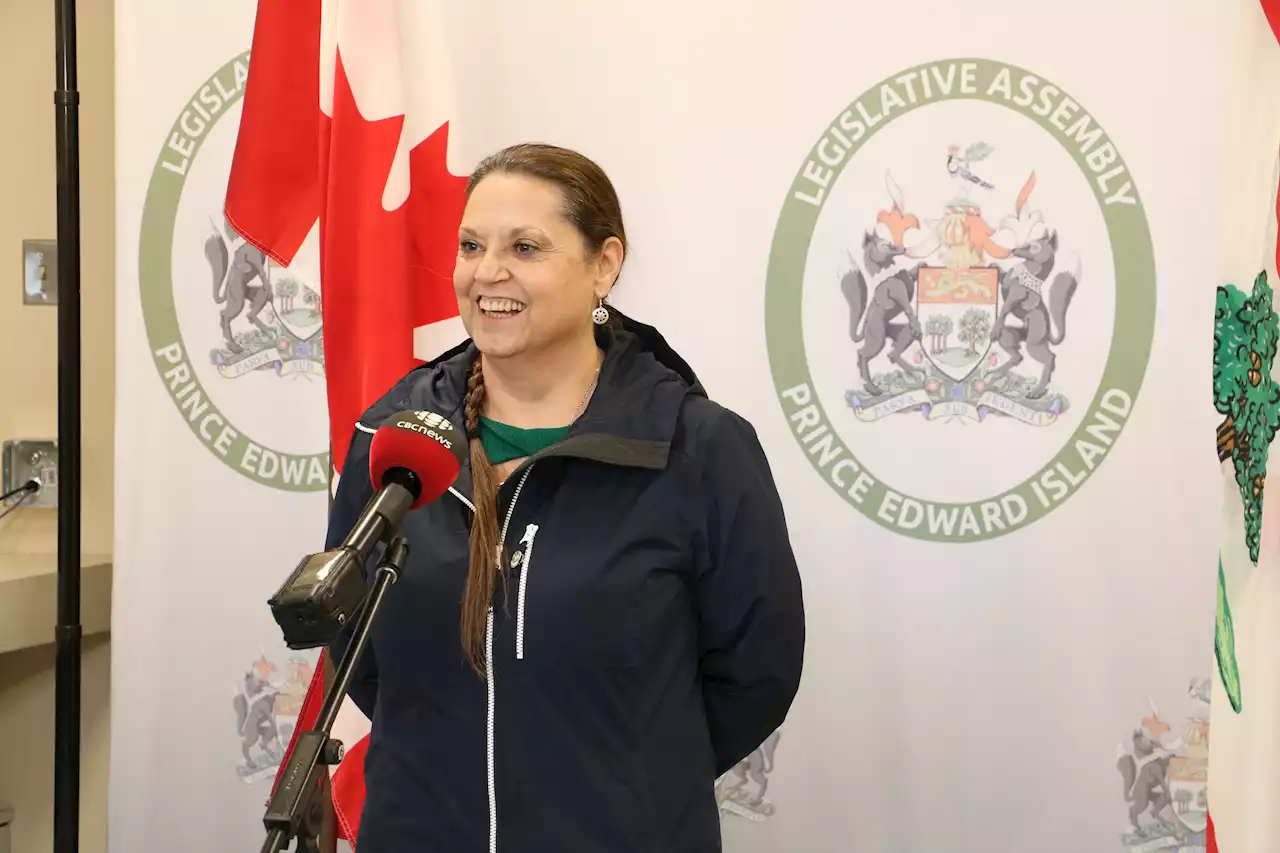Shane Welcher, a provincial program specialist for Indigenous education with the NLESD says it’s teachers, staff, and students from all walks of life, to determine their own level of awareness of Indigenous issues in Canada. NDTR
The sad reality of Canada’s colonial past has set the education system on a path towards helping young people understand the importance of truth and reconciliation when it comes to understanding and appreciating Indigenous culture and history. Tandem X Visuals photo/Unsplash - Tandem X Visuals photo/UnsplashThere are some lessons that simply cannot be as effectively delivered through a textbook or educational video when a first-person perspective is available.
MacIntyre, who grew up in Moose Factory, Ont., is of First Nations descent as a member of the Ojibwe Cree community. Her mother was a residential school survivor, though her mom, who died nearly six years ago, never disclosed that to her family until about a decade ago, when the fight for compensating survivors began ramping up.
MacIntyre, who tells her personal story to classes and invites other members of the Indigenous community to visit the school to impart their teachings, says it’s important to delve deeply into the reasons why learning to better appreciate Indigenous culture is an important aspect of education. Whenever she tells her story, MacIntyre says students open up and ask lots of questions, including if her mom was hurt while at a residential school, what stories her mother told her when she did start talking about her experiences, how MacIntyre now feels about her family’s past and what she is doing to shed light on the truth and reconcile with history.“There’s an impact when it's first-person told,” she said.
“Whether talking with executives or high-level directors at NLESD or government, or talking about working with teachers and students, it’s about seeing where the awareness is right now collectively and also looking at each individual person, for them to reflect and think about where their own learning needs to go,” said Welcher.
“I spent a lot of time building relationships because this work cannot be done alone,” he said. “We have to do it collectively, and we have to do it respectfully. We are moving forward in a positive way.” Shane Welcher, a provincial program specialist for Indigenous education with the Newfoundland and Labrador English School District, discusses Indigenous culture with some students. He says everyone is on their own journey when it comes to understanding Indigenous history and culture. Contributed photo - Contributed photo
For Qalipu First Nation, which was established in 2011, much of the focus of its efforts to establish Indigenous learning more firmly in N.L. classrooms is around the loss of the Mi’kmaq culture and language many of its members have experienced. “One of the gaps we’re working on, specifically, is the lack of Indigenous content within our curriculum as it is written,” said Pittman. “We have some excellent champion teachers who are taking it upon themselves to connect Indigenous learning with the curriculum as it is.”“They love learning and are absolutely so enthusiastic about learning about Indigenous cultures,” she said. “It’s so important for kids, both Indigenous and non-Indigenous to be learning about this.
Leblanc is a teacher and the social studies and health leader for grades 7-12 in the Division of French Education, Programs and Services of the Department of Education and Lifelong Learning on Prince Edward Island. One high school teacher, noted Leblanc, has expressed interest in learning how to do the blanket exercise — a scripted activity that visually conveys a strong message about how Indigenous people have been treated in Canadian history.
While that would be a good step forward, Leblanc said the momentum of those lessons needs to carry on far beyond Sept. 30.
Philippines Latest News, Philippines Headlines
Similar News:You can also read news stories similar to this one that we have collected from other news sources.
 Canada Posts launches four stamps recognizing residential schools and reconciliationCanada Post is launching four new stamps showcasing Indigenous artists' visions for truth and reconciliation.
Canada Posts launches four stamps recognizing residential schools and reconciliationCanada Post is launching four new stamps showcasing Indigenous artists' visions for truth and reconciliation.
Read more »
 Canada Posts launches four stamps recognizing residential schools and reconciliationCanada Post is launching four new stamps showcasing Indigenous artists' visions for truth and reconciliation.
Canada Posts launches four stamps recognizing residential schools and reconciliationCanada Post is launching four new stamps showcasing Indigenous artists' visions for truth and reconciliation.
Read more »
 'Walk with us': Truth and Reconciliation Day in Millbrook | SaltWire'They still had residential school when it was raining. So that's how I look at the whole thing – it's rain or shine,' says Millbrook wellness co-ordinator Sunshine Bernard.
'Walk with us': Truth and Reconciliation Day in Millbrook | SaltWire'They still had residential school when it was raining. So that's how I look at the whole thing – it's rain or shine,' says Millbrook wellness co-ordinator Sunshine Bernard.
Read more »
 Truth and Reconciliation, Treaty Day events in P.E.I. cancelled in wake of Fiona | SaltWireCHARLOTTETOWN, P.E.I. — After a week of Fiona recovery efforts, Lennox Island and Abegweit First Nations in P.E.I. have cancelled their main plans for the ...
Truth and Reconciliation, Treaty Day events in P.E.I. cancelled in wake of Fiona | SaltWireCHARLOTTETOWN, P.E.I. — After a week of Fiona recovery efforts, Lennox Island and Abegweit First Nations in P.E.I. have cancelled their main plans for the ...
Read more »
 National Day for Truth and Reconciliation should highlight Indigenous legal issues, says First Nations lawyerThe Indigenous court in Calgary is a key component within the legal system to bridge First Nations peoples with the rest of society.
National Day for Truth and Reconciliation should highlight Indigenous legal issues, says First Nations lawyerThe Indigenous court in Calgary is a key component within the legal system to bridge First Nations peoples with the rest of society.
Read more »
